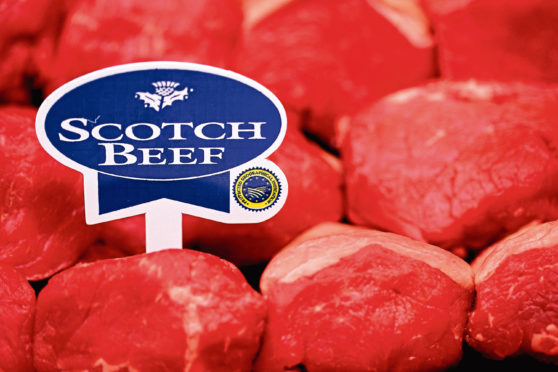Government hopes for a headline- grabbing mini trade deal with the United States in the last days of the Trump administration came to nothing.
The UK had suggested ending punitive tariffs from a dispute over aircraft subsidies.
But the US rejected this plan, favouring instead a wider resolution with the EU.
The government wants an early trade deal with the US, but under a Biden presidency this will be more difficult. His Treasury nominee, Janet Yellen, has put “fixing the US economy” ahead of trade deals.
This adds to the pressure on Boris Johnson to do more to tackle trade problems with the EU.
Meanwhile, Scotland has done better than other parts of the UK in securing recognition under the EU’s geographical indication (GI) schemes.
This is about recognising distinctive products and was always seen as a way to boost the marketing potential of a culinary heritage.
Under the Brexit rules existing EU schemes have been rolled over into a UK scheme.
But the EU has now gone out to consultation on changes to strengthen its scheme, which protects almost 3,400 products.
Brussels has secured recognition for its scheme with a number of countries with which it has or is planning trade deals.
This raises questions about the future of GI schemes in the UK. Deals with the EU around Brexit are based on things as they were when these were agreed, with no guarantee of future proofing against policy changes.
Lastly, the European Commission has added detail to its plan to green agriculture via its Farm to Fork strategy, which will underpin the future Common Agricultural Policy.
It has defined agricultural practices that could fall within the scope of eco-schemes.
These are based around climate, the environment, animal welfare and antimicrobial resistance.
As practical examples it advocates agroforestry and high nature value (HNV) farming including leaving some land fallow.
It has even sought to introduce the term “transhumance” to define moving livestock between pastures on a seasonal basis.
